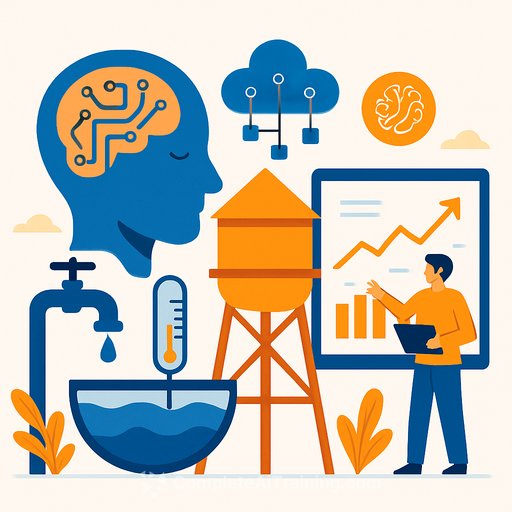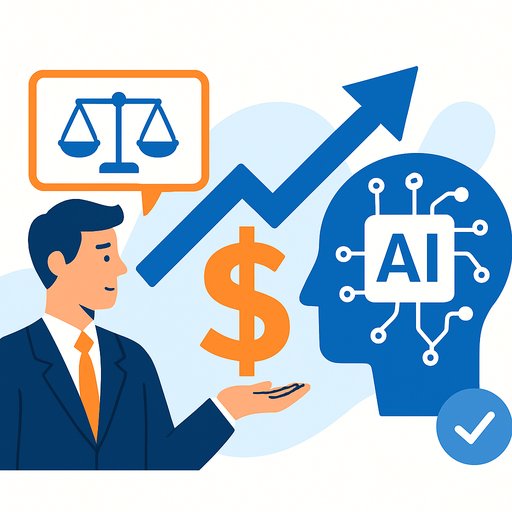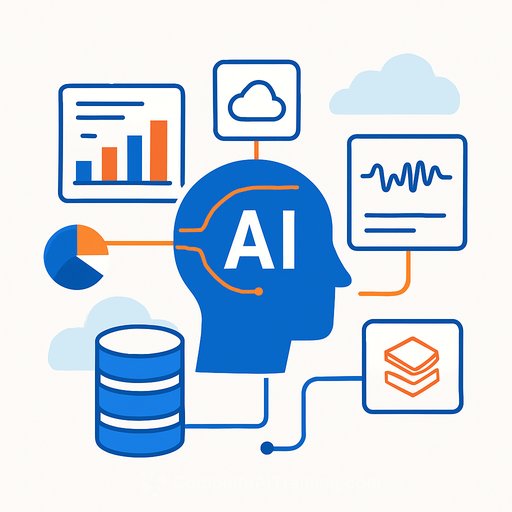AI in Water Management Market Set to Reach US$53.85 Billion by 2032
The AI in Water Management Market, valued at US$7.54 billion in 2024, is expected to grow to US$53.85 billion by 2032. This represents a compound annual growth rate (CAGR) of 27.85% from 2025 to 2032, according to a recent report by DataM Intelligence. The surge reflects how AI technologies, focusing on smart water systems, sustainable infrastructure, and predictive analytics, are changing how water resources are managed worldwide.
Key Technologies Driving Water Management Efficiency
Several advanced technologies are powering this growth, including Internet of Things (IoT) devices, remote sensing, satellite imagery, Big Data analytics, and cloud computing. These tools enable real-time leak detection, pressure and flow monitoring, and predictive maintenance. Together, they support intelligent water infrastructure that can proactively address failures and resource limitations.
Semantic Technology Enhancing Water Intelligence
Effective water management increasingly depends on data-driven decisions. AI systems analyze information from extensive sensor networks and environmental datasets to improve leak prediction, irrigation scheduling, and anomaly detection. Combining IoT with AI improves accuracy beyond traditional methods by using predictive models and smart alerts that quickly identify inefficiencies.
Adoption Across Water Industry Segments
AI adoption spans several sectors, including municipal utilities, industrial enterprises, and commercial operations. Municipal water systems, often slower to adopt new technologies, are now investing heavily in AI-driven monitoring and automation to address aging infrastructure and reduce water loss. Industrial users apply AI to optimize wastewater treatment and promote water reuse, supporting sustainability and operational efficiency.
Regional Market Trends and Leadership
- North America: Leading the market, North America accounted for 35% of the global AI in Water Management segment in 2024. The U.S. alone generated US$2.23 billion, signaling strong leadership in tech adoption and investment.
- Japan: The smart water management market in Japan was valued at US$1.2 billion in 2024, reflecting steady progress in AI integration within water utilities.
Recent Industry Moves and Developments
One significant development includes TAQA's US$1.2 billion acquisition of GS Inima, expanding its presence in low-carbon water and desalination solutions. This move hints at growing consolidation in water infrastructure technology, emphasizing scale and innovation.
Market Segmentation and Technology Share
The market expansion is mainly driven by IoT devices capturing sensor data, feeding into advanced analytics platforms. Cloud computing provides scalable AI deployment, while remote sensing adds detailed data for regional water monitoring. These technologies may represent two-thirds or more of the market's value because of their essential role in smart water systems.
Among end-users, municipal water authorities lead AI adoption due to regulatory requirements, reliability needs, and aging infrastructure challenges. Industrial users follow, applying AI to enhance resource efficiency and sustainability. Commercial and smaller sectors contribute through smarter metering and monitoring solutions.
Looking Ahead: AI’s Role in Water Sustainability
The combination of AI, sensor networks, and infrastructure upgrades is expected to drive substantial market growth. The U.S. continues to lead in technology adoption and investment, while Japan shows steady progress in digital water utilities. Industry consolidation and increased focus on AI-based water quality improvement signal a shift toward more intelligent and resilient water management systems.
For management professionals interested in gaining AI skills relevant to water management and infrastructure, exploring dedicated AI training can provide practical knowledge to support these technological trends. Check out Complete AI Training for courses that align with emerging AI applications in various industries.
Your membership also unlocks:





